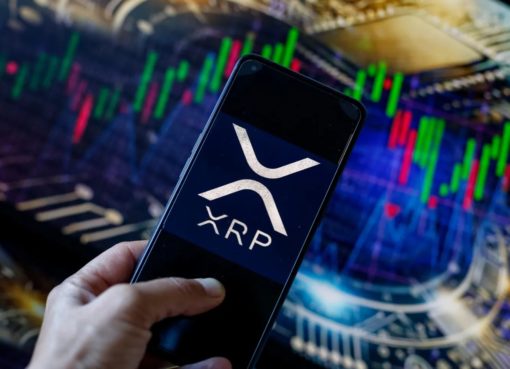On Tuesday, Cambridge Centre for Alternative Finance (CCAF) at Cambridge Judge Business School announced a new research initiative focused on the “growing digital asset ecosystem.” According to CCAF, the newly launched collaborative effort involves 16 financial institutions such as the Bank for International Settlements (BIS), Accenture, EY, Goldman Sachs, and more.
CCAF Launches 2-Year Research Effort Focused on the Digital Asset Ecosystem
Since 2015, the organization CCAF has been dedicated to the study of technology-enabled and innovative instruments such as cryptocurrencies. To date, CCAF has published over 40 industry and regulatory reports that cover the growing crypto ecosystem. Additionally, CCAF is known for publishing the Cambridge Bitcoin Electricity Consumption Index (CBECI) and CBECI bitcoin mining map. This week, CCAF has revealed a new research initiative called Cambridge Digital Assets Programme (CDAP), which will be dedicated to the cryptocurrency landscape and will involve an initial two years of research.
“CCAF at Cambridge Judge Business School today announced the launch of the Cambridge Digital Assets Programme (CDAP), a research initiative in collaboration with 16 leading banks, public sector agencies, and private organisations to shed light on the rapid digitisation of assets and value transfer systems,” the announcement on Tuesday notes. The CCAF announcement adds:
Over an initial period of two years, CCAF will work with public and private organisations to create the empirical data, tools, and insights necessary to facilitate an evidence-based public dialogue about the opportunities and risks presented by the growing digital asset ecosystem.
16 Prominent Financial Institutions Join the CDAP Initiative
CDAP’s collaborative partner list includes the International Monetary Fund (IMF), Invesco, London Stock Exchange Group (LSEG), Mastercard, MSCI, Visa, World Bank, Accenture, BIS, Fidelity, EY, Dubai International Financial Centre (DIFC), British International Investment (BII), UK Foreign, Inter-American Development Bank (IDB), Commonwealth & Development Office (FCDO), and Goldman Sachs. The program will build on existing tools like the CBECI tool and the organization’s Global Crypto Asset Benchmarking Study series.
“The growing adoption of digital assets increasingly blurs the lines between roles, responsibilities and applicable rules, stretching the boundaries of long-term institutional arrangements,” Bryan Zhang, executive director at CCAF said in a statement. “The Cambridge Digital Assets Programme that we are launching today aims to meet the resulting need for greater clarity by providing data-driven insights through collaborative research involving public and private sector stakeholders.”
What do you think about the newly launched CCAF initiative Cambridge Digital Assets Programme (CDAP)? Let us know what you think about this subject in the comments section below.
Image Credits: Shutterstock, Pixabay, Wiki Commons
Disclaimer: This article is for informational purposes only. It is not a direct offer or solicitation of an offer to buy or sell, or a recommendation or endorsement of any products, services, or companies. Bitcoin.com does not provide investment, tax, legal, or accounting advice. Neither the company nor the author is responsible, directly or indirectly, for any damage or loss caused or alleged to be caused by or in connection with the use of or reliance on any content, goods or services mentioned in this article.




